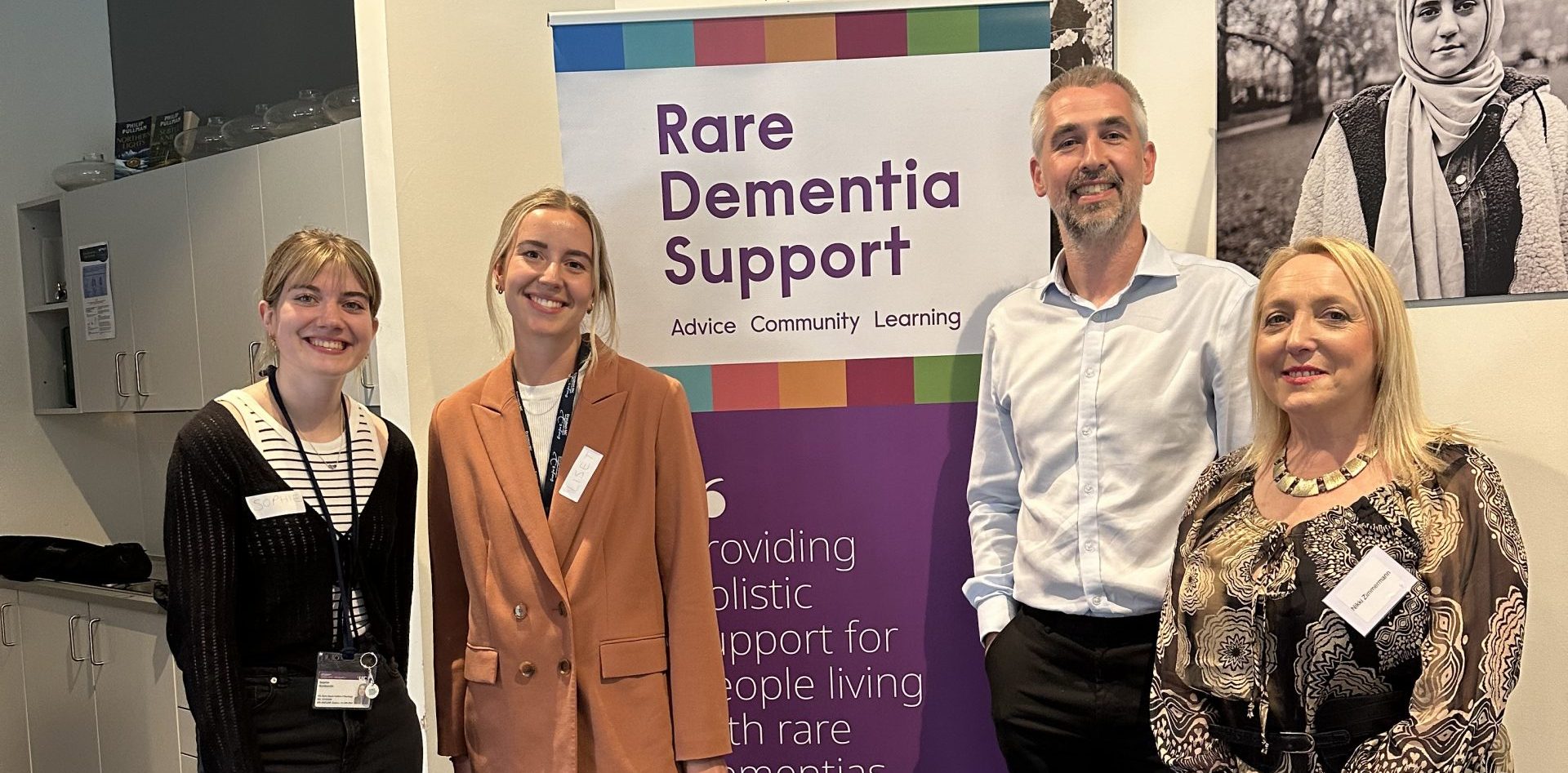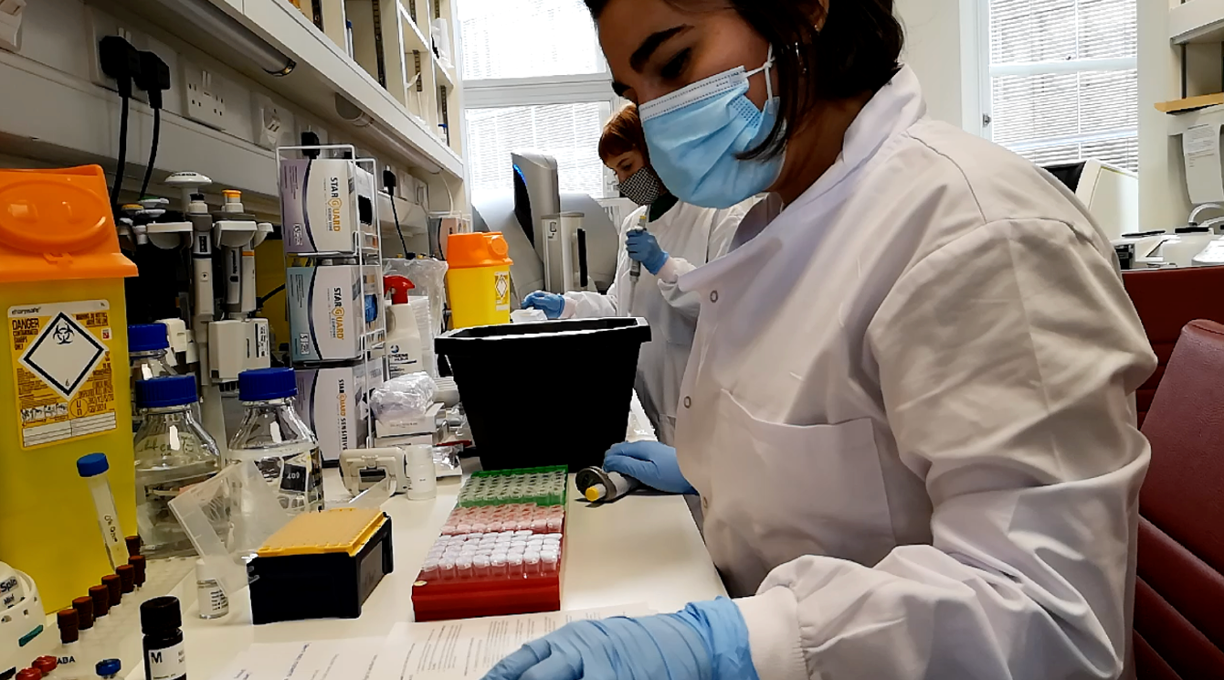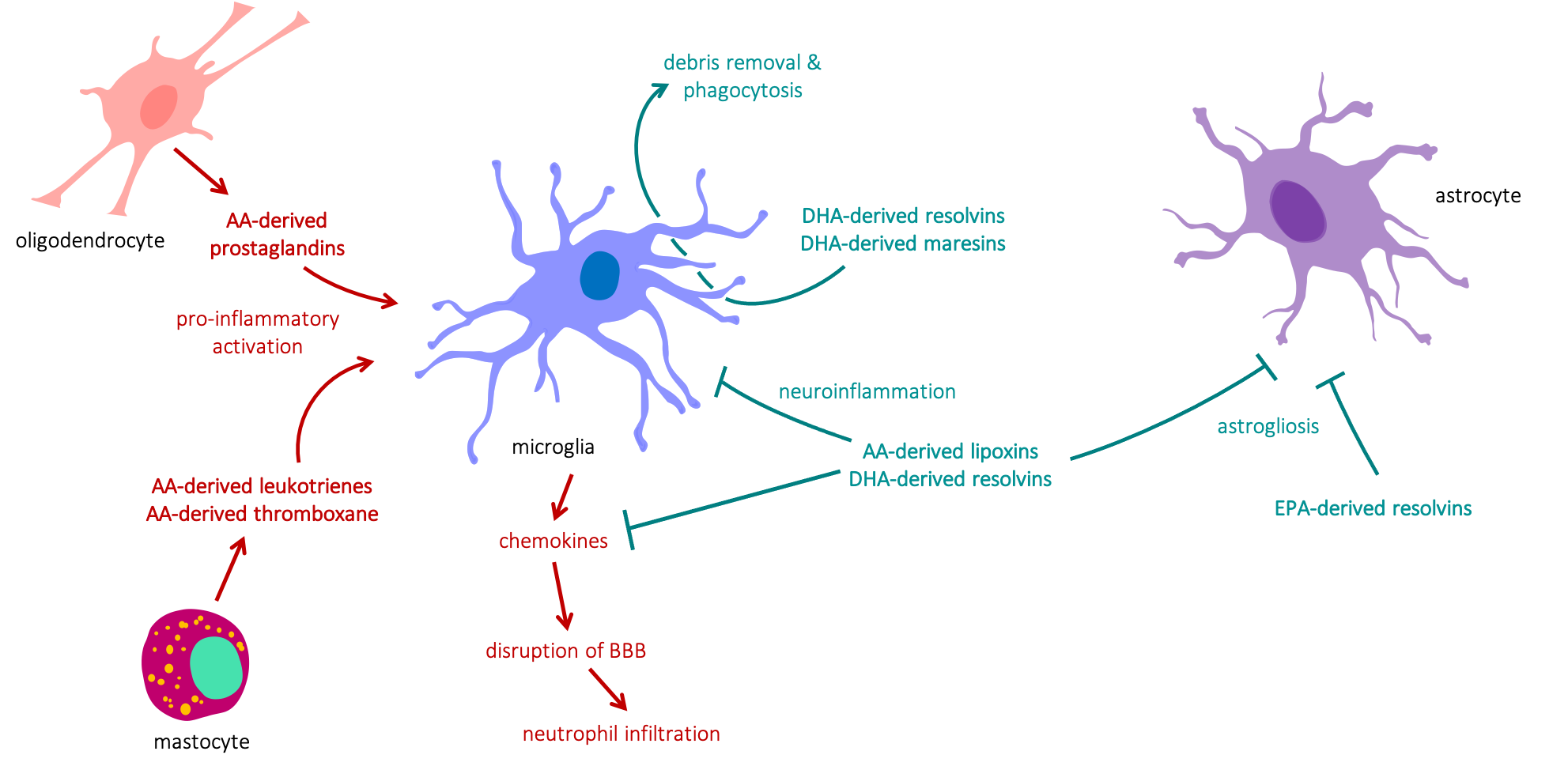On Monday, January 27th, the FTD Talk team hosted the first EDiT-FTD meeting in London. This working group funded through the EU Joint Programme – Neurodegenerative Disease Research (JPND) brought t...
Recently, members of the FTDtalk team were a part of an exciting project, whereby a Genetic Frontotemporal dementia Initiative (GENFI) study research visit was filmed for the Chann...
On September 18, 2024, the Frontotemporal dementia Prevention Initiative (FPI) community gathered in Amsterdam, Netherlands, for its annual meeting. This global event brought together researchers, adv...
Last month, the GENFI team travelled to Amsterdam to attend the International Symposium of frontotemporal dementia (ISFTD) 2024, a four-day conference dedicated to the latest research on fro...
Every year, alongside Nikki Zimmerman and the Rare Dementia Support (RDS) team, we organise a support group meeting for families living with familial frontotemporal dementia (fFTD). This is a fantasti...
What are fluid biomarkers and what are they used for? Fluid biomarkers typically refer to proteins in the blood or cerebrospinal fluid (CSF) that inform us of disease onset and progression. Importa...
Since our last new members introductory blog back in 2021 there’s been quite a lot of change to the team, so we wanted to introduce everyone again. We hope that this way you can get to know a bit ab...
The annual Alzheimer’s Association International Conference (AAIC) took place earlier this summer in Amsterdam, the Netherlands. The conference brings together experts from around the worl...
Every year, alongside the main GENFI summer meeting (see our previous blog post for a full rundown), we hold our annual Participant Engagement Board (PEB) meeting. This is a roundtable discussion betw...
Two new papers have been published by our team this month highlighting the role of inflammation in the brain in people with FTD. Both papers have been led by Aitana Sogorb Esteve from our team. The...










